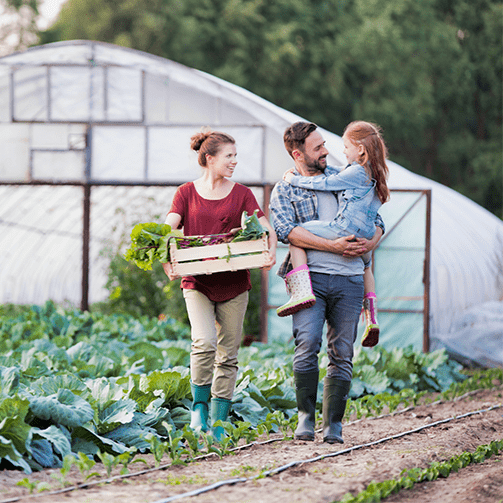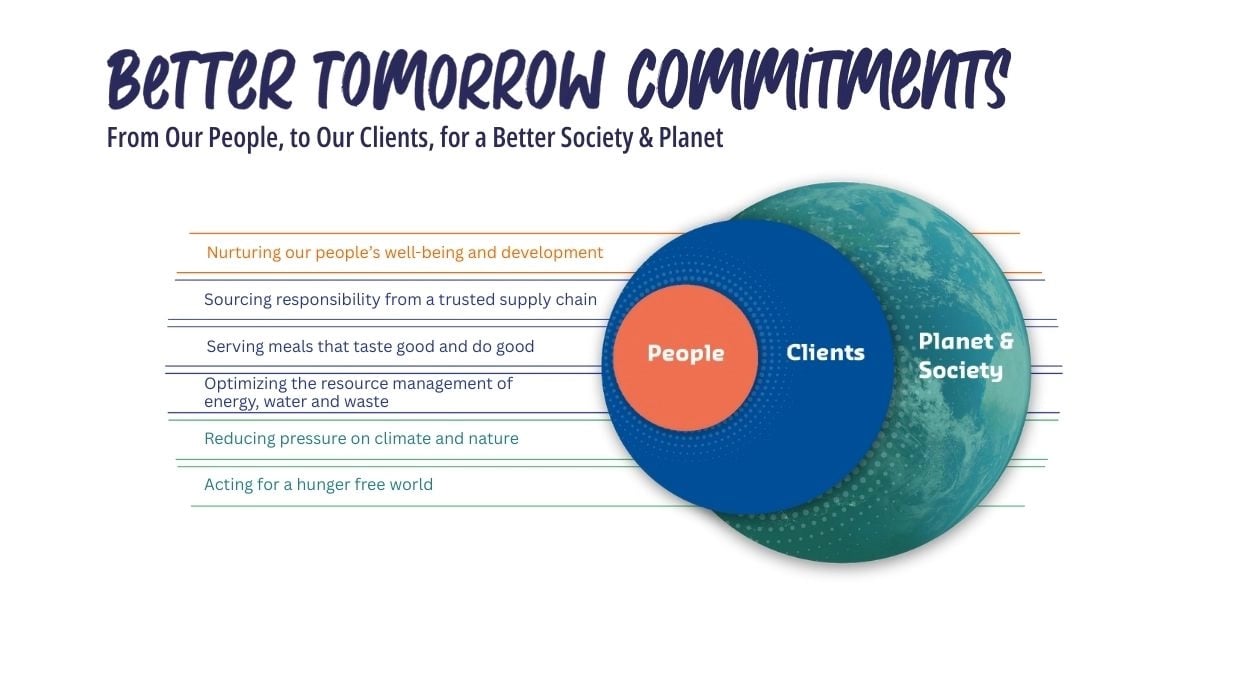On Individuals
We’re committed to enhancing employees’ lives and well-being, promoting healthy choices for all consumers, and driving sustainability for a hunger-free world, impacting 3.6 million beneficiaries annually.


Our people have always been at the heart of everything we do. Hand in hand with our suppliers, we create long-lasting value for our clients and consumers. This is what drives us every day. And together, we spark a ripple effect of meaningful impact on the planet and society.
Sodexo is at the forefront of operational excellence and sustainability, with everyday actions tailored to fostering well-being and environmental stewardship. Through our comprehensive approach, we empower you to thrive and meet your goals— ensuring every meal served and every facility managed contributes to a healthier, more sustainable tomorrow.
Our dedication to reducing waste, promoting sustainable sourcing, and implementing innovative solutions demonstrates our unwavering commitment to a creating better future for all.
Our actions ripple through communities, sparking positive change and setting new benchmarks for responsibility in the local and global landscapes.

Ready to make a real difference? Contact us today to explore how our services and commitments align with your goals for sustainability, community support, and environmental care. Together, we can create impactful solutions tailored to your needs.